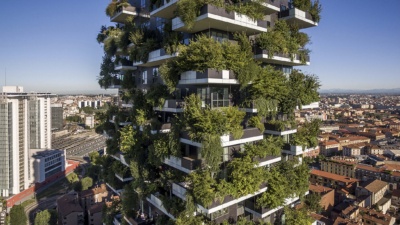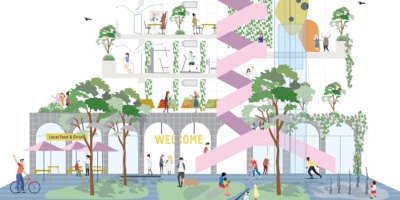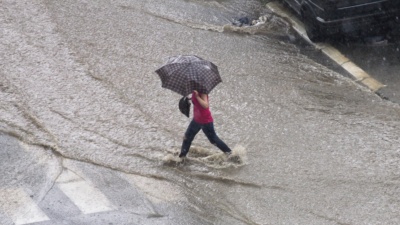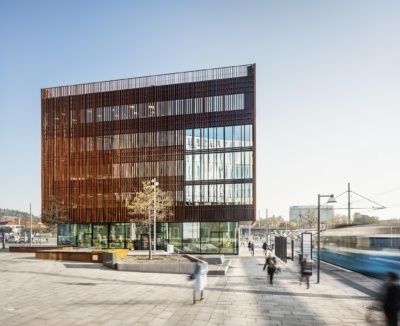Wholesome air and serene cities
Reducing traffic – particularly heavy vehicles such as trucks, lorries and buses – has been shown to decrease both air pollution and noise levels. Planning and protecting green areas and providing urban calm spaces also helps reduce the harmful effects of noise and provides areas with improved air quality.
Our Urban Insight report: “Wholesome air, serene cities” addresses the relationship between the sources and levels of air and noise pollution and provides recommendations that can improve quality of life in urban areas.
Read the full story here.




